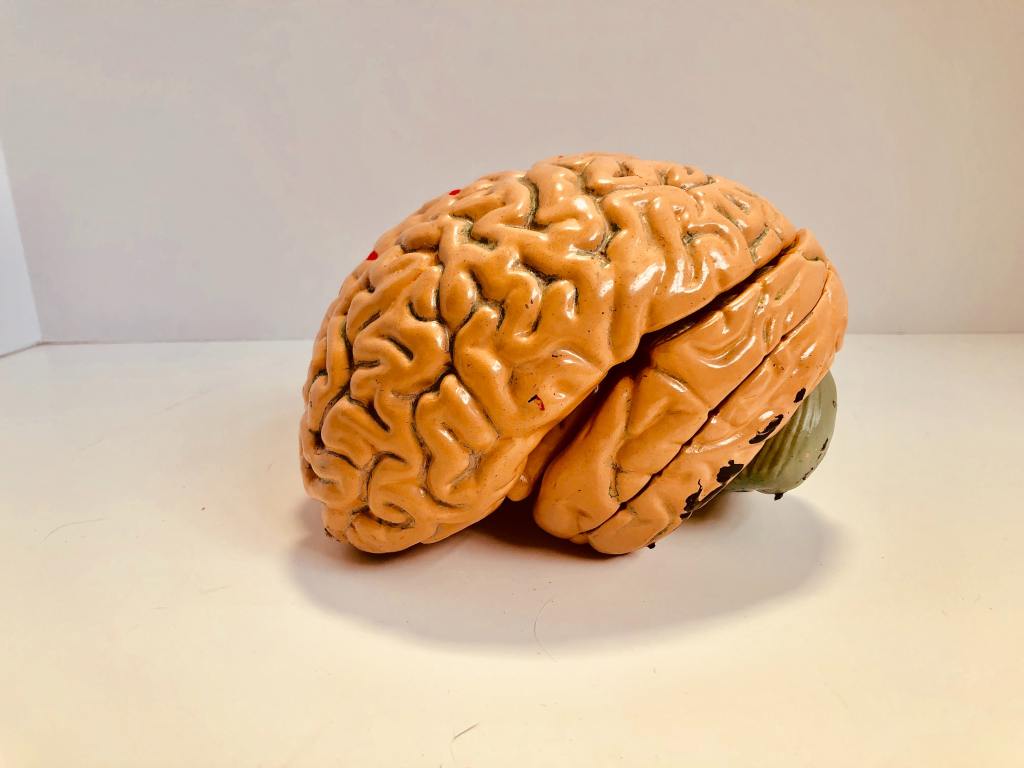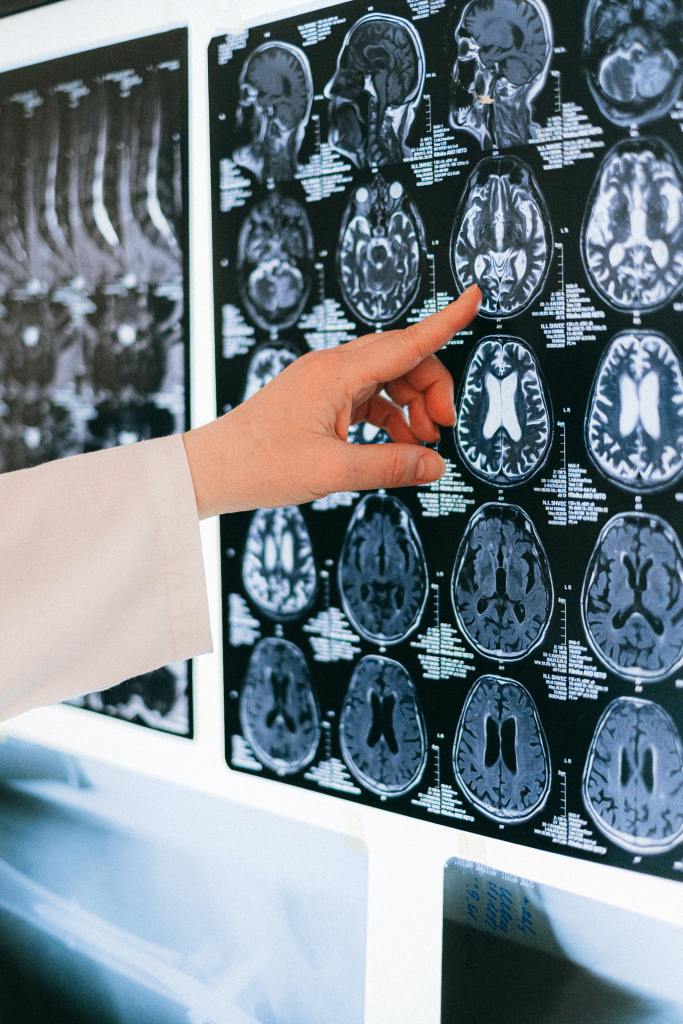Vitamins are fundamental in many processes in the body. Vitamin B is important to those that maintain brain functions like learning, information processing, memory and mood.

The B vitamins are often linked with brain health: Vitamin B6, Vitamin B9 (folate), and Vitamin B12. They can help break down homocysteine, high levels of which have been associated with a greater risk of dementia and Alzheimer’s disease. B vitamins also help produce energy needed to develop new brain cells
The human brain is a complex organ requiring many different nutrients to function properly. Nutritional deficiencies have been shown to contribute to the development of psychiatric disorders, age-related cognitive decline, and developmental disorders. On the other hand, both human and animal studies show that increased intake of brain-supporting nutrients improve various aspects of cognitive functioning such as learning and memory. For all these reasons, it is important that you ensure your brain is getting the right kind of nutrients. Here are the essential vitamins and minerals for a healthy brain.

THIAMINE B1
Vitamins from the B group are considered to be particularly important for good brain health. Thiamin is one of the many B vitamins that is found abundantly in the brain and nerve tissue. It plays a role in the conduction of nerve impulses, according to an article published in The Journal of International Medical Research. Furthermore, a severe lack of this vitamin can lead to Korsakoff syndrome, a chronic memory disorder most often seen in alcoholics and those suffering from diseases such as AIDS.
Vitamin B3, also called niacin, plays a crucial role in metabolism and communication between cells. Easily digestible sources of B3 include animal-based foods like meat and fish and niacin-fortified cereals.
Vitamin B6, also called pyridoxine, is essential for the development of brain cells, blood production, immune function and mood regulation. You can get vitamin B6 from a variety of foods such as poultry, offal, potatoes, peppers, bananas, prunes and sunflower seeds.
Vitamin B9 (Folic acid) is known as folate, while the synthetic form of the vitamin is called folic acid. Vital for growth and development, folate also helps with memory and the processing of information. The effect of folate on conditions like memory loss and Alzheimer’s disease is being medically reviewed. It is possible that adequate folate can reduce the risk of cognitive decline in older adults. Broccoli and leafy greens such as spinach are the richest natural sources of folate. Folic acid is frequently used in supplements and to fortify cereals.
Folic acid can be obtained from different foods such as spinach, asparagus, and lentils. Half of the body’s stores of this vitamin are in the liver, which is why liver damage can lead to a deficiency of several key B vitamins. Folic acid also plays an important role in the synthesis of amino acids and the formation of nerve tissue. The metabolism of folic acid is highly dependent on the supply of other vitamins of the B group. A deficiency of this and other B-vitamins is associated with developmental problems in children. Furthermore, a study on aged rats found how to improve memory with folic acid supplements for 8 weeks.

B12 contains cobalt, which gives it its alternative name of cobalamin. Vitamin B12 is important in the production of red blood cells and the healthy function of the brain and nervous system. B12 is thought to affect memory and serotonin production, which regulates mood. B12 deficiency has been linked to fatigue, so it is also believed to play a role in energy levels.Vitamin B-12 helps maintain healthy nerve cells and red blood cells.
Vitamin B-12 deficiency — most common in older adults and vegetarians — can cause various signs and symptoms, including memory loss. In these cases, vitamin B-12 supplements can help improve memory.
ASCORBIC ACID (VITAMIN C)
The highest concentration of this essential vitamin is found in the brain, especially in the pituitary gland (400mg/kg). You can get high amounts of this powerful antioxidant from citrus fruits and green vegetables. Vitamin C is important in the synthesis of the neurotransmitter dopamine, but it also protects the brain against oxidative stress. Because this vitamin cannot be stored in the body, it is important you get adequate daily amounts from food, around 90mg daily, according to Mayo Clinic.

An Oxford University study suggested that lowering homocysteine levels by supplementing with B vitamins may help fight against Alzheimer’s. Study participants age 70 and older, with a diagnosis of mild cognitive impairment, were either given high-doses of folic acid, B6 and B12; or given placebo pills. After two years, the researchers discovered “the rate of brain shrinkage in people receiving the B vitamins was 30% lower than in those taking the placebo and the effect was greatest in those who had the highest levels of homocysteine,” according to the book “Alzheimer’s Treatment, Alzheimer’s Prevention.”

Based on the studies, 800 mcg of folic acid, 20 mg of B6 and 500 mcg of B12 per day are the best supplements for your brain health, but again, be sure to consult with a health care provider before taking any type of supplement.
NOTE– Our aim is to give you information about diseases, we do not recommend you any kind of medicine, treatment, surgery. We are just a means of providing general information about disease, surgery, treatment and medicines to our viewers for education purpose only. The information provided should not be used for the diagnosis and/or treatment of any disease or medical condition without the guidance of your physician.